




When it comes to choosing fabrics for clothing, two popular options are synthetic dry and cotton dry. Both offer different benefits and have their own unique characteristics. Understanding the differences between the two can help you make an informed decision on which fabric is best suited for your needs.
Synthetic dry fabrics are man-made materials that are designed to wick moisture away from the body. These fabrics are typically made from polyester or nylon and have a smooth texture. Due to their moisture-wicking properties, synthetic dry fabrics are often used in athletic wear, such as running shirts and workout leggings. They are known for their quick-drying abilities and ability to keep the body cool and dry during intense physical activity.
Cotton dry fabrics, on the other hand, are made from natural fibers obtained from the cotton plant. Cotton is known for its softness, breathability, and absorbency. Cotton dry fabrics are comfortable to wear and allow air to circulate, making them a popular choice for everyday clothing items like t-shirts and jeans. However, cotton takes longer to dry compared to synthetic fabrics, especially when wet or soaked in sweat.
Overall, the choice between synthetic dry and cotton dry fabric depends on the intended use and personal preference. If you’re looking for clothing for physical activities or need something that dries quickly, synthetic dry fabrics are a better option. On the other hand, if comfort and breathability are your primary concerns, cotton dry fabrics are the way to go. Whichever type you choose, both synthetic dry and cotton dry fabrics have their own unique benefits and can be suitable for a variety of situations.
In summary, synthetic dry and cotton dry fabrics are two different types of materials that offer distinct advantages. Synthetic dry fabrics are man-made and known for their moisture-wicking and quick-drying properties, making them ideal for athletic wear. Cotton dry fabrics, made from natural fibers, are soft, breathable, and comfortable, making them a popular choice for everyday clothing. Ultimately, the decision between the two depends on individual preferences and requirements.
Synthetic Dry vs. Cotton Dry: Fabric Comparison
When it comes to choosing the right fabric for your clothing, whether it be for outdoor activities or everyday wear, it’s important to consider the properties of different materials. Two popular options are synthetic dry and cotton dry fabrics. Let’s take a closer look at the differences between these two fabric types.
Synthetic Dry Fabric
Synthetic dry fabric is made from man-made fibers such as polyester, nylon, or a blend of both. It is designed to have moisture-wicking properties, which means it helps to pull sweat away from the body and evaporate it quickly. This makes it an excellent choice for activities that involve sweating and getting wet.
One of the main advantages of synthetic dry fabric is its quick-drying nature. It dries much faster than cotton, making it ideal for outdoor adventures or intense workouts. Additionally, it is lightweight and breathable, allowing for better airflow and keeping you cool and comfortable.
Another important characteristic of synthetic dry fabric is its durability. It is more resistant to wear and tear compared to cotton, making it a long-lasting option for active individuals.
Cotton Dry Fabric
Cotton dry fabric, as the name suggests, is made from natural cotton fibers. While it may not have the same moisture-wicking capabilities as synthetic dry fabric, it still offers many benefits.
One of the main advantages of cotton dry fabric is its soft and smooth texture. It is gentle on the skin and provides a comfortable feel. It is also highly absorbent, which means it can absorb sweat and moisture, keeping you dry and cool even during intense activities.
Cotton dry fabric is known for its breathability. It allows air to circulate freely, preventing the build-up of heat and moisture. This makes it an excellent choice for hot climates or activities that involve a lot of physical exertion.
Another advantage of cotton dry fabric is its natural insulation properties. It helps to keep you warm in colder temperatures and does not retain odors as easily as synthetic fabrics.
Fabric Comparison
In summary, synthetic dry fabric is best for activities that involve sweating and getting wet. It is quick-drying, lightweight, and durable. On the other hand, cotton dry fabric is ideal for hot climates and activities that require breathability and comfort. It is soft, absorbent, and offers natural insulation.
| Synthetic Dry Fabric | Cotton Dry Fabric |
|---|---|
| Moisture-wicking properties | Soft and smooth texture |
| Quick-drying | Highly absorbent |
| Lightweight and breathable | Excellent breathability |
| Durable | Natural insulation properties |
Ultimately, the choice between synthetic dry and cotton dry fabric depends on the specific needs and preferences of the individual. Consider the activity, climate, and desired comfort level when making your decision.
Synthetic Dry: Benefits and Features
Synthetic dryers are a popular choice for those looking to reduce drying time and improve efficiency. Here are some of the benefits and features of synthetic dryers:
1. Quick Drying

Synthetic dryers are known for their ability to dry clothes quickly. The synthetic materials used in these dryers have moisture-wicking properties that help to evaporate water from the clothes at a faster rate, resulting in shorter drying times.
2. Energy Efficiency
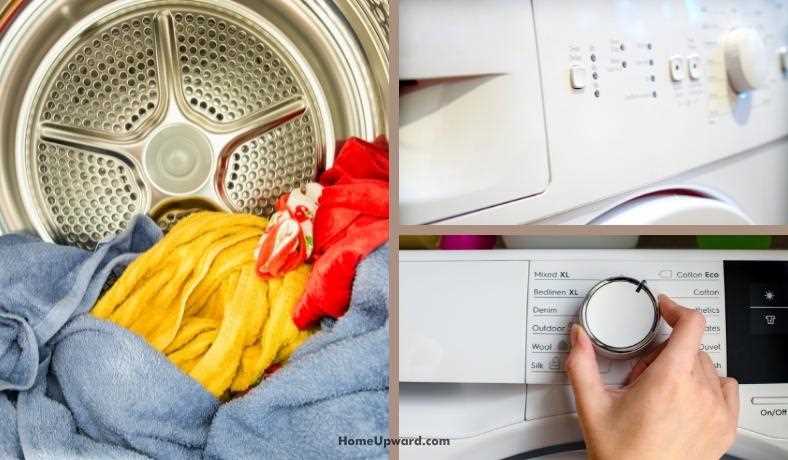
Due to their quick drying time, synthetic dryers are more energy-efficient compared to traditional cotton dryers. They require less time and energy to dry clothes, which can lead to cost savings on energy bills over time.
3. Reduced Wrinkling
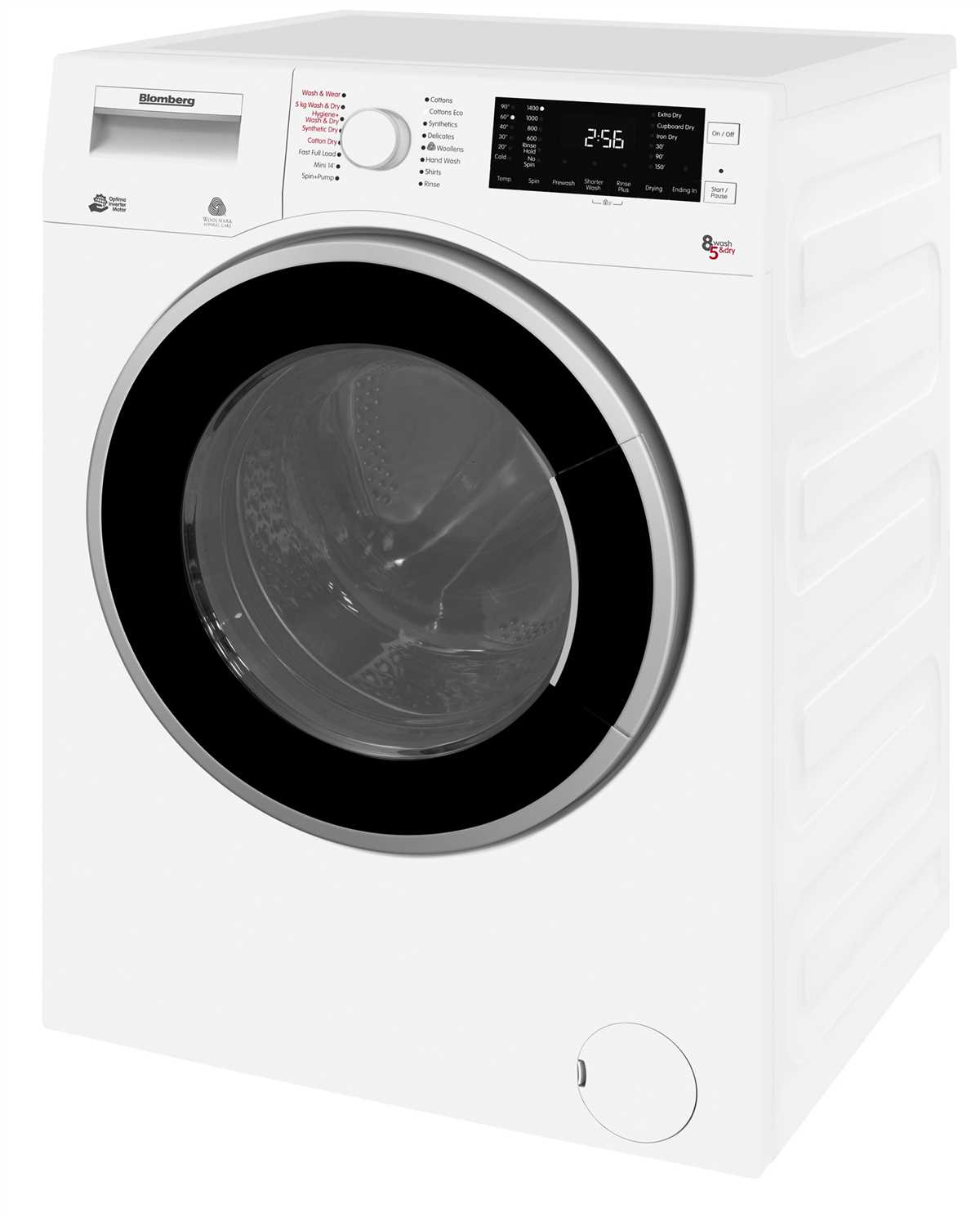
Synthetic dryers are less prone to causing wrinkles on clothes compared to cotton dryers. The moisture-wicking properties of synthetic materials help to keep the clothes smooth during the drying process, reducing the need for ironing or steaming.
4. Odor Control
Synthetic materials have the ability to neutralize and control odors more effectively than cotton. This is especially beneficial for drying athletic wear or clothes with strong odors, as synthetic dryers can help to eliminate any lingering smells.
5. Durability
Synthetic dryers are generally more durable compared to cotton dryers. The synthetic materials used in these dryers are designed to withstand high heat and frequent use without losing their effectiveness or breaking down.
6. Versatility
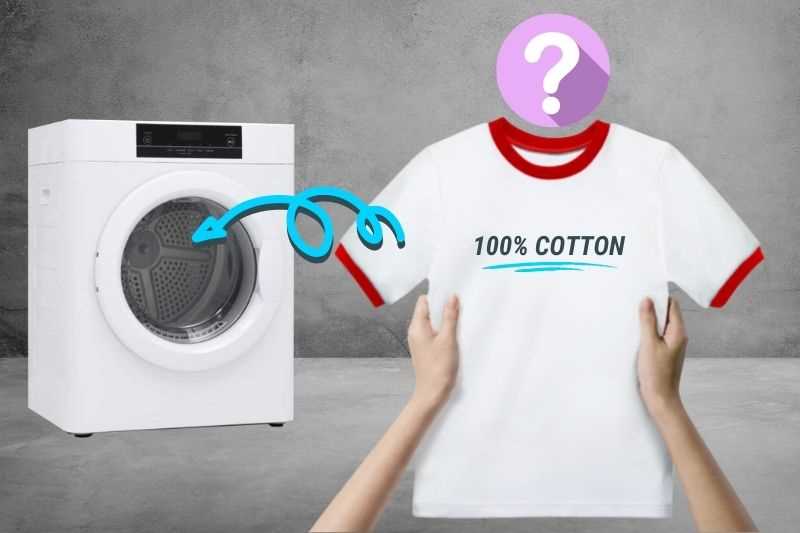
Synthetic dryers can be used for a wide range of fabrics, including delicate items and heavy-duty fabrics. Their versatility makes them suitable for drying various types of clothing and reduces the risk of damage caused by inappropriate drying methods.
7. Mildew Resistance
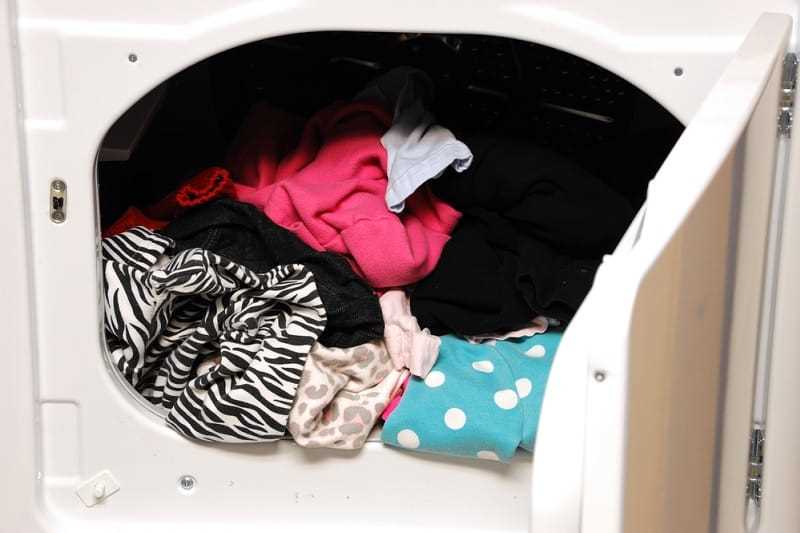
Unlike cotton, synthetic materials used in dryers are less prone to mildew growth. This makes synthetic dryers a better option for humid environments or when dealing with damp clothes.
8. Easy Maintenance
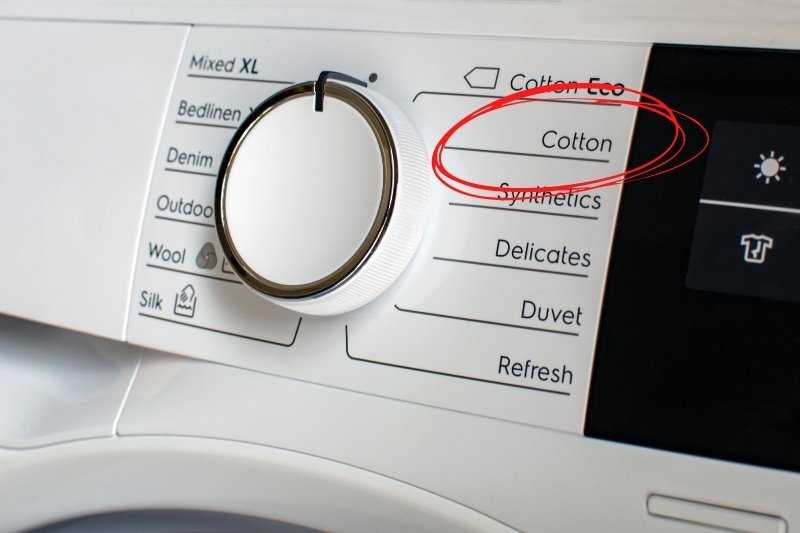
Keeping a synthetic dryer clean is relatively easy and requires minimal maintenance. Regularly emptying the lint trap and wiping down the machine is usually sufficient to keep it running smoothly and efficiently.
In conclusion, synthetic dryers offer a range of benefits and features that make them a popular choice for efficient and effective clothes drying. From quick drying times to energy efficiency and odor control, synthetic dryers are a convenient option for those looking to streamline their laundry routine.
Cotton Dry: Benefits and Features
1. Absorbency
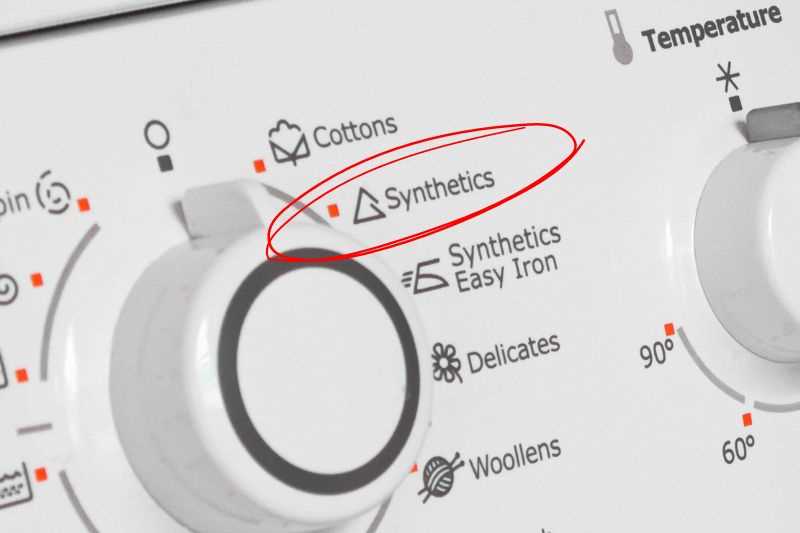
Cotton dry towels have excellent absorbency properties. The natural fibers of cotton allow it to absorb moisture effectively, making it an ideal choice for drying off after a shower or bath.
2. Softness
Cotton fabric is well-known for its softness and comfort. Cotton dry towels feel gentle against the skin, providing a luxurious and soothing experience. This makes them a popular choice for individuals with sensitive skin.
3. Breathability
Unlike synthetic fabrics, cotton allows air to circulate freely. This breathability helps to keep the body cool and comfortable, making cotton dry towels perfect for use in hot and humid climates.
4. Durability
Cotton is a strong and durable fabric. Cotton dry towels can withstand frequent washing and usage without losing their quality or effectiveness. This longevity ensures that your towels will last for a long time, saving you money in the long run.
5. Eco-friendly
Cotton is a natural and renewable resource, making it an eco-friendly choice. Compared to synthetic materials, cotton dry towels have a lower environmental impact throughout their lifecycle.
6. Versatility
Cotton dry towels come in a wide range of sizes, designs, and colors. This versatility allows you to choose towels that match your personal style and decor. Whether you prefer classic white towels or vibrant patterns, there is a cotton dry towel for everyone.
7. Hypoallergenic
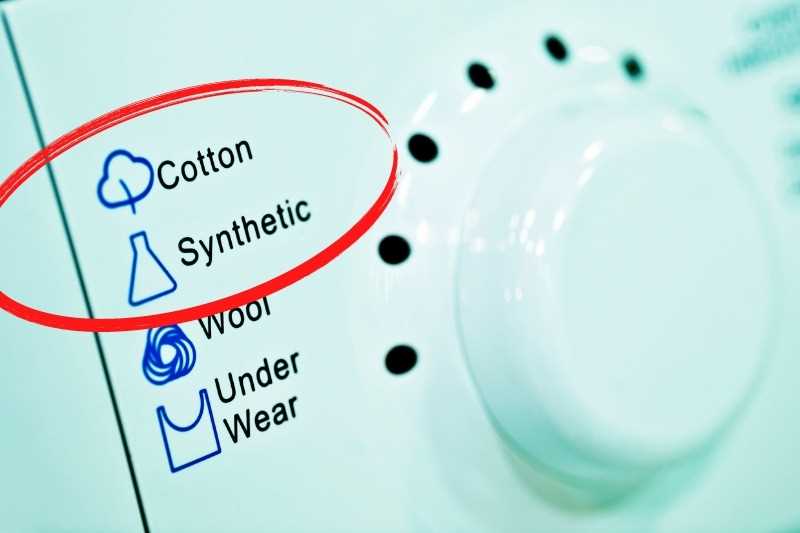
For individuals with allergies or sensitivities, cotton dry towels are a great option. Cotton is a hypoallergenic material, meaning it is less likely to cause skin irritation or allergic reactions.
- Absorbency
- Softness
- Breathability
- Durability
- Eco-friendly
- Versatility
- Hypoallergenic
Overall, cotton dry towels offer a range of benefits and features that make them a superior choice compared to synthetic dry towels. From absorbency and softness to breathability and eco-friendliness, cotton towels provide a luxurious and practical drying experience.
Synthetic Dry vs. Cotton Dry: Performance Comparison
Drying Time
One of the main differences between synthetic dry and cotton dry is the drying time. Synthetic fabrics such as polyester and nylon tend to dry much faster than cotton. This is because synthetic fabrics are made from man-made fibers that are designed to repel moisture and dry quickly. Cotton, on the other hand, is a natural fiber that absorbs moisture, which can lead to a longer drying time.
Moisture Wicking
Synthetic fabrics are known for their moisture-wicking properties. They are designed to pull moisture away from the body and help it evaporate quickly. This makes synthetic dry a popular choice for athletic wear and outdoor activities where sweat and moisture management are important. Cotton, on the other hand, can absorb moisture and may feel heavy and wet when wet. It does not have the same moisture-wicking properties as synthetic fabrics.
Odor Control
Synthetic fabrics are often treated with chemicals or antimicrobial agents that help control odor-causing bacteria. This makes synthetic dry a good choice for activities that may cause excessive sweating and odor. Cotton, on the other hand, does not have the same odor-controlling properties and may retain odors more easily.
Care Instructions
Cotton dry usually requires more care compared to synthetic dry. Cotton garments may shrink or lose their shape when exposed to high heat from the dryer. They may also require ironing to remove wrinkles. Synthetic fabrics, on the other hand, are more resistant to shrinkage and wrinkling, making them easier to care for.
Conclusion
In summary, synthetic dry and cotton dry have different performance characteristics. Synthetic fabrics, such as polyester and nylon, dry faster, have moisture-wicking properties, control odor better, and require less care compared to cotton. Cotton, on the other hand, has a longer drying time, can absorb moisture, may retain odors, and requires more care. The choice between synthetic dry and cotton dry ultimately depends on the specific needs and preferences of the individual.
Synthetic Dry vs. Cotton Dry: Drying Time Comparison
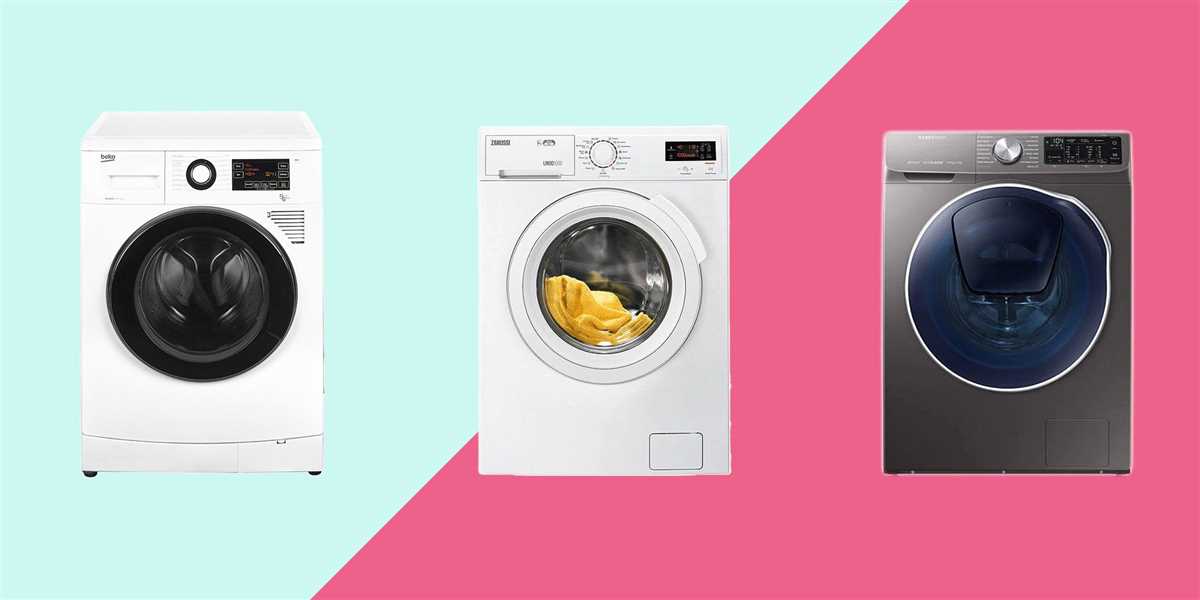
When it comes to choosing the right fabric for drying, two popular options are synthetic and cotton. Both have their pros and cons, but one important factor to consider is the drying time. Let’s compare the drying time of synthetic and cotton materials.
Synthetic Dry:
- Synthetic materials, such as polyester and nylon, are known for their quick-drying ability.
- These fabrics are designed to wick away moisture from the body and release it into the air, allowing them to dry faster.
- Due to their moisture-wicking properties, synthetic fabrics can dry in a short amount of time, usually within an hour or two.
- However, the drying time may vary depending on the thickness and density of the fabric.
- Overall, synthetic dry is a great option for those who need their clothes to dry quickly, especially in humid conditions or during outdoor activities.
Cotton Dry:
- Cotton is a natural fabric that is known for its softness and breathability.
- While cotton fabrics are comfortable to wear, they can take longer to dry compared to synthetic materials.
- Due to their natural fibers, cotton fabrics tend to absorb moisture, which slows down the drying process.
- The drying time for cotton fabrics can range from a few hours to overnight.
- Thicker cotton materials, like towels or denim, may take even longer to dry.
- Cotton dry is a suitable choice when you have ample time for drying or if you prefer a more natural fabric.
| Material | Average Drying Time |
|---|---|
| Synthetic | 1-2 hours |
| Cotton | Several hours to overnight |
In conclusion, synthetic dry is the winner when it comes to drying time. It dries much faster than cotton, making it an ideal choice for those who need their clothes to dry quickly. However, if you have the luxury of time or prefer a natural fabric, cotton dry is a suitable option. Ultimately, the choice between synthetic and cotton dry depends on your personal preferences and needs.
FAQ
What is the difference between synthetic dry and cotton dry?
Synthetic dry refers to clothing made from synthetic materials, such as polyester or nylon, while cotton dry refers to clothing made from cotton. The main difference between the two is the fabric composition.
Which is better for athletic activities, synthetic dry or cotton dry?
Synthetic dry is generally considered better for athletic activities because it wicks away moisture more efficiently than cotton dry. Synthetic materials are designed to quickly absorb and evaporate sweat, keeping athletes dry and comfortable during physical exertion.
Can cotton dry fabric be as effective as synthetic dry fabric in removing moisture?
Cotton dry fabric is not as effective as synthetic dry fabric in removing moisture. While cotton does absorb sweat, it retains moisture and takes longer to dry compared to synthetic materials. This can lead to discomfort and make the wearer feel wet and clammy.
Are there any benefits of choosing cotton dry over synthetic dry?
There are some benefits to choosing cotton dry over synthetic dry. Cotton is a natural and breathable fabric that is soft against the skin. It is also generally more affordable than synthetic materials. However, for activities that involve sweating or being in wet conditions, synthetic dry is generally the better choice.
Is synthetic dry fabric more durable than cotton dry fabric?
Synthetic dry fabric is generally more durable than cotton dry fabric. Synthetic materials are often designed to be more resistant to wear and tear, making them ideal for sports and outdoor activities. Cotton fabric, on the other hand, may break down and lose its shape over time with repeated use and washing.














